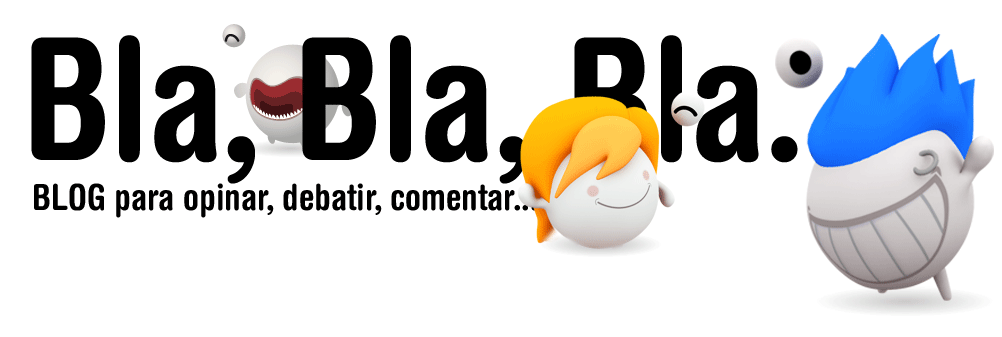Vistos en perspectiva
| Pronombres Personales |
Pronombres Acusativos |
Adjetivos Posesivos |
Pronombres Posesivos |
Pronombres Reflexivos |
|---|---|---|---|---|
| I | me | my | mine | myself |
| you | you | your | yours | yourself |
| he | him | his | his | himself |
| she | her | her | hers | herself |
| it | it | its | -- | itself |
| we | us | our | ours | ourselves |
| you | you | your | yours | yourselves |
| they | them | their | theirs | themselves |
| Pronombres Indefinidos | ||||
| everybody | nobody | somebody | anybody | |
| everyone | no one | someone | anyone | |
| everything | nothing | something | anything | |
| Pronombres Relativos | ||||
| who | which | that | whom | whose |
| Pronombres Recíprocos | ||||
| each other / one another | ||||


